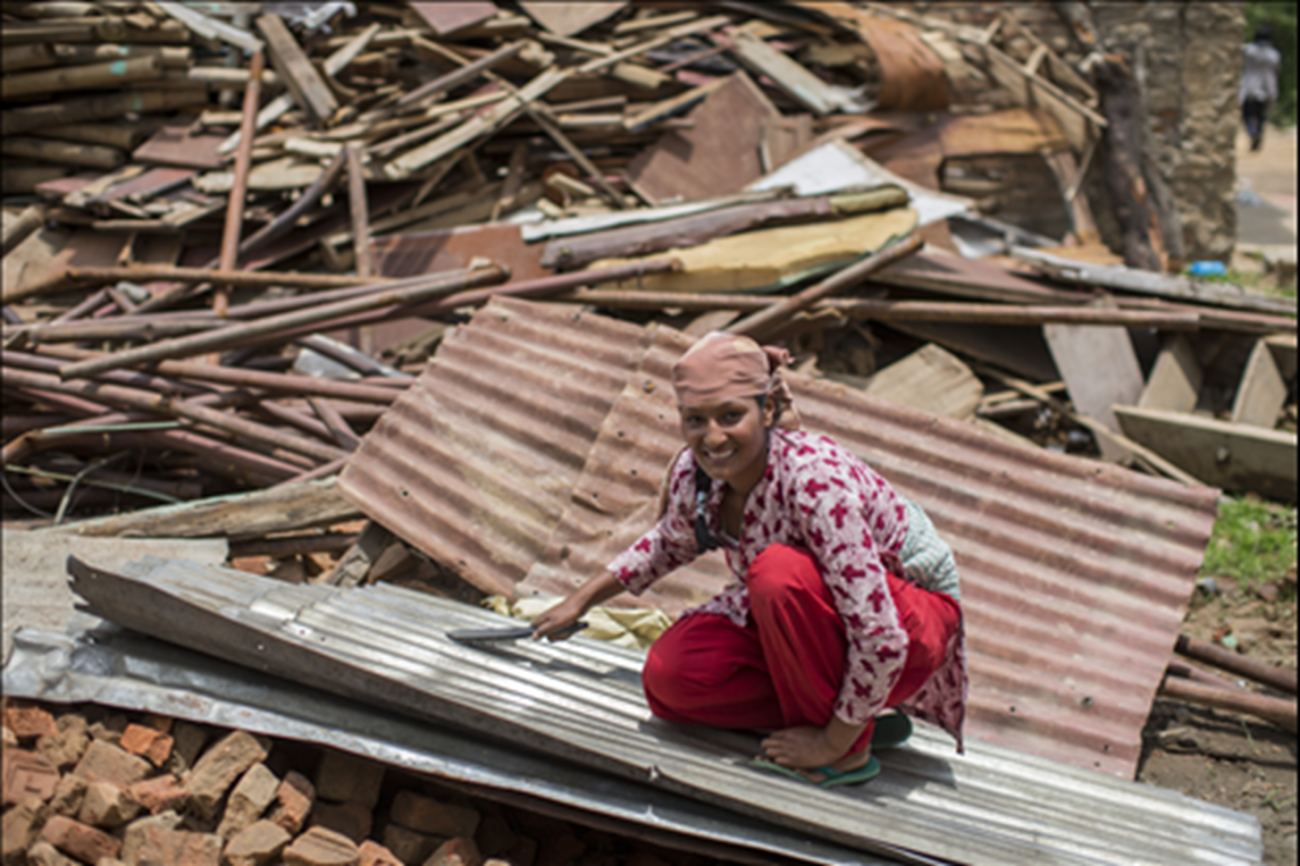Disaster Risk Reduction (DRR) is a methodology used to identify, assess, and reduce disaster risks, with the aim of reducing the resulting socio-economic vulnerabilities and responding to hazards. Disasters, such as droughts and floods, affect women, men, boys, and girls differently, for example, gender inequalities increase women’s and girls’ vulnerability as they have limited access to relevant information and resources.
As there has been a lack of emphasis on disaster risk reduction in the non-formal education sector, UNESCO supported training for women on their role in disaster risk re-education and preparedness in Nepal’s Sunsari and Saptari districts. The training, held in September 2021, was run by the Women Friendly Disaster Management (WFDM) Core Group which was formed by women-led organizations in the wake of the devastating earthquake that struck Nepal in 2015.
Encouraging such training in the community will surely help in the empowerment of women’s role in DRR, which is a very important one.
Chandani Joshi, chair of WFDM
The training targeted women who live in areas at particularly high risk of disasters, including floods and landslides. The event provided attendees with knowledge and skills on women’s roles in DRR to develop their capacities and preparedness for future disasters such as women’s role in the preparation, response activities among others. The training covered topics including gender equality, how disasters impact people, including those within the LGBTQI community, marginalized groups, and people with disabilities, how to coordinate with relevant Government and non-Government agencies, and familiarized participants with the existing national policies and programmes on disaster preparedness with a special focus on women. Above all, the training encouraged participants to be agents of change in their communities.
The participants expressed their commitment to implement the knowledge and skills learned from the training and to share what they had learned with others in their communities. UNESCO plans to expand this training in other districts as well.
This event was supported by UNESCO’s Capacity Development for Education (CapED) Programme, which is funded by Finland, France, Iceland, Norway, and Sweden.



